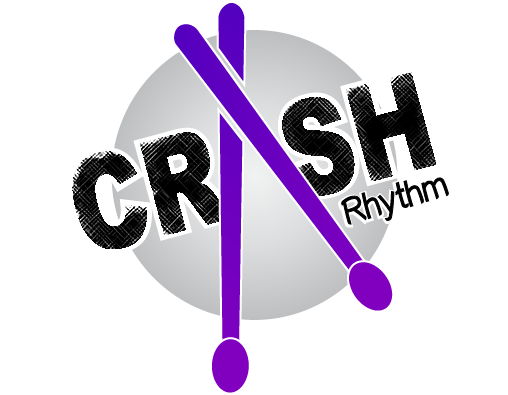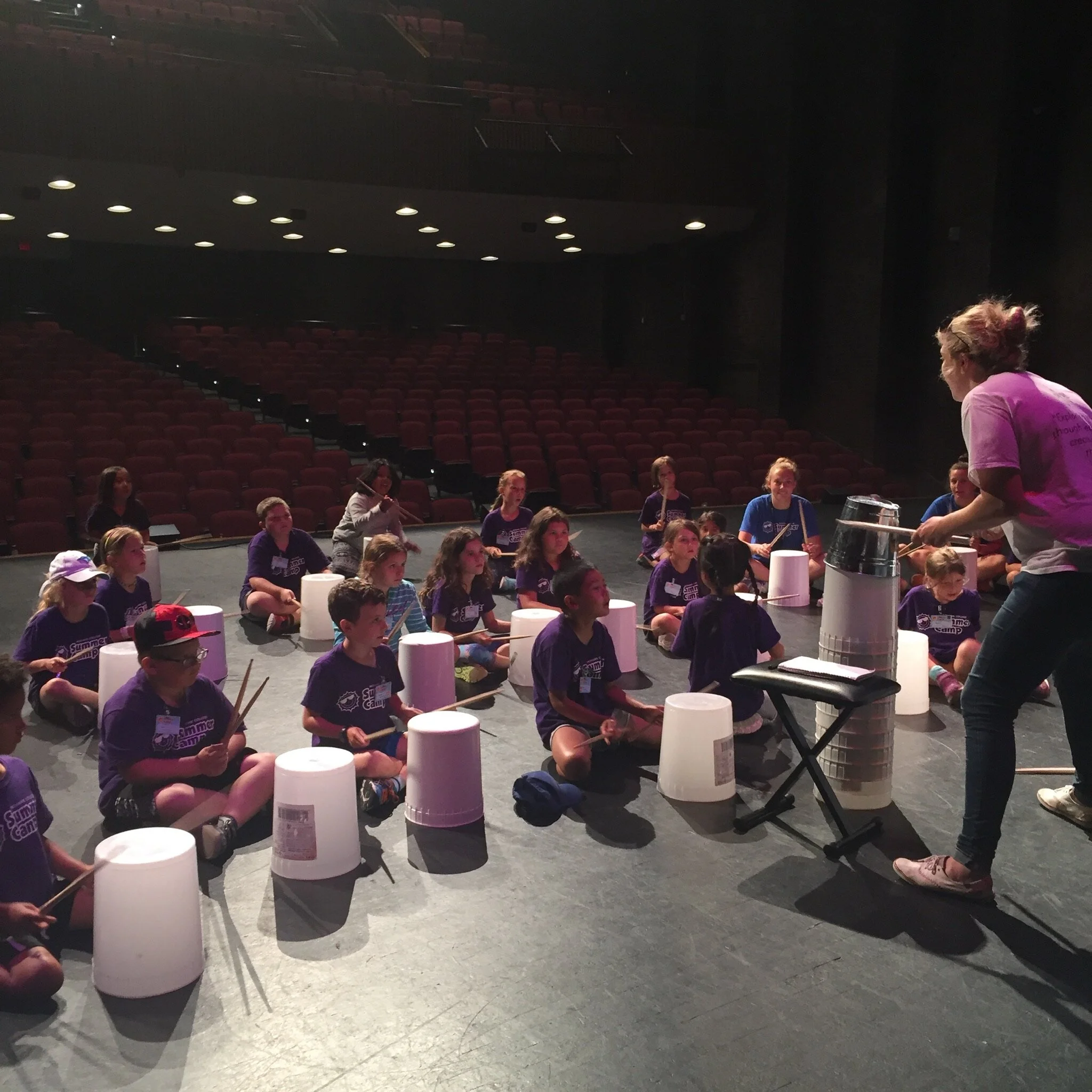One thing that I love about teaching percussion (and piano) is that I have so many different students working on so many different things! I have marching students, drumset students, composition students, kinder music students and piano students. For me it is easy to compartmentalise all of my students because their lesson plans are so different. However every so often I create a lesson plan or write a song that I know would be perfect for multiple students. Right now it’s Living On A Prayer by Bon Jovi .
For me, teaching multiple students the same thing for a 3 week period can be a bit challenging. Even with keeping lesson notes I have to constantly remind myself that student A still needs help with the intro while student B flew through it and is ready for the verse and Student C needed a full week of primers to prepare for the song. Each of them work at their own pace and have their own challenges. It is a real test of my patience and fortitude when I am working on the same trouble bar lesson after lesson. And I dont even like Bon Jovi!
It is always the best reminder that every student is different when I currently have 4 students working on the exact same thing at the exact same time, each with their own strengths and weaknesses. It is one of those things that tests me and makes me problem solve for 4 unique approaches to the same beat or fill or rhythm. It is why I love teaching so much!
-Hilary





